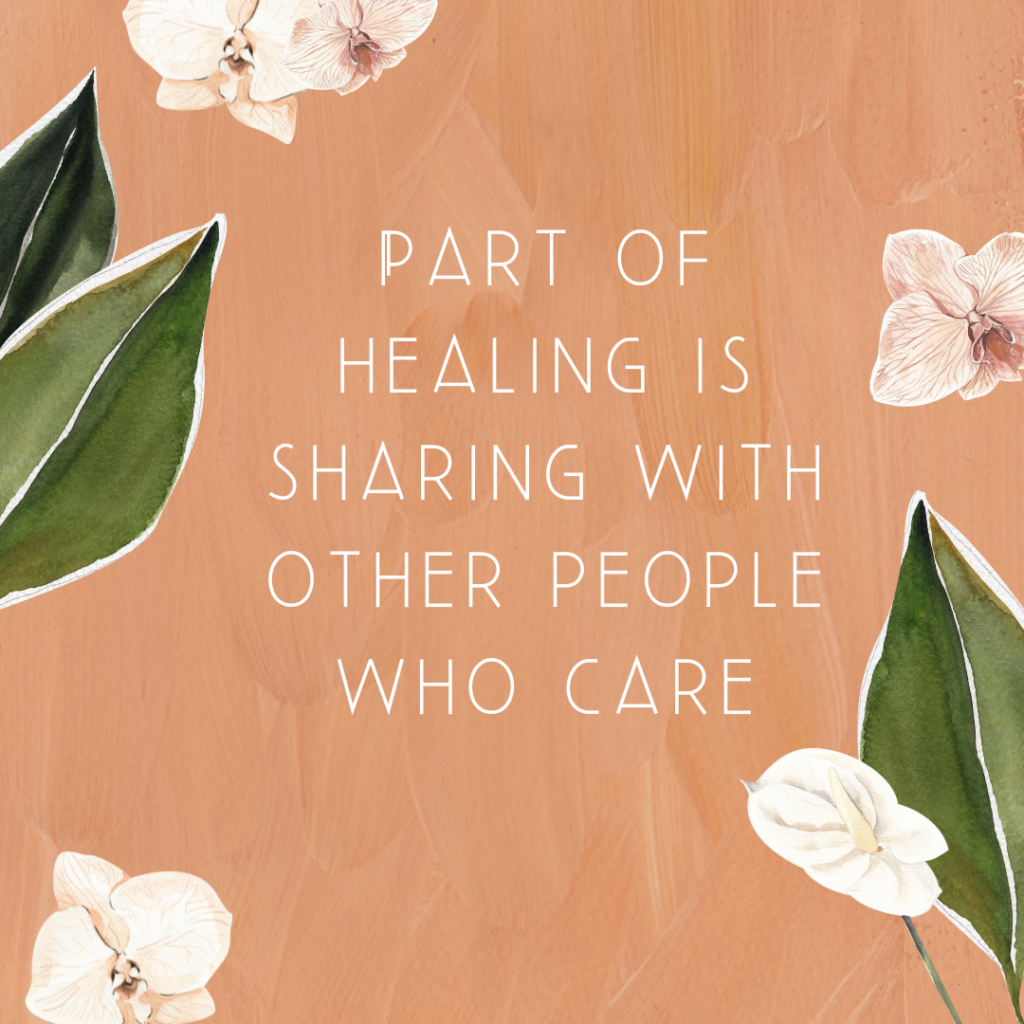After navigating my own high-conflict divorce and working with my clients on theirs, I have seen firsthand the damaging effects that high-conflict divorce can have on families. In these situations, emotions run high, and communication breaks down, leading to drawn-out legal battles and an overall negative impact on everyone involved.
It’s important for those going through this type of divorce to understand that resources are available to help them navigate this complicated process. That’s where ‘Navigating High Conflict Divorce: A Comprehensive Guide’ comes in.
This guide provides practical advice and tools for individuals dealing with contentious divorces. From managing emotions to navigating the legal system, this comprehensive resource offers a step-by-step approach to finding peace and resolution during an incredibly challenging time.
Understanding High Conflict Personalities
Understanding high-conflict personalities is essential in navigating the high-conflict divorce process.
These individuals are often obsessed with blaming others and lash out through verbal, emotional, physical, financial, or legal attacks.
Their emotions can be inflexible and unmanaged, leading them to engage in all-or-nothing thinking that increases conflicts.
On top of that, personality disorders such as narcissism, people may exhibit extreme behaviors and remain stuck in the past without trying to change their behavior.
They constantly defend their actions while attacking those of their spouse, creating a feeling of bitterness that makes it difficult for both parties to move forward.
As a certified divorce coach, I try to help clients understand the stages of high-conflict divorce so they can identify possible issues early and take steps toward resolving them as productively as possible.
Coping Strategies For Dealing With High Conflict Divorce
Have you heard the saying, ‘time heals all wounds’? While it may not be entirely true, there is some truth to it. The high-conflict divorce process can be a long and painful journey filled with ups and downs, but eventually, things will get better. You’ll start to see the light at the end of the tunnel as you move through the stages of high-conflict divorce: denial, anger, bargaining, depression, and acceptance. It’s important to remember that everyone moves through these stages at their own pace.
Mediation allows both parties to work in a neutral setting with a trained mediator to find mutually beneficial solutions. This approach can help reduce tension and prevent further escalation of conflicts while also helping to save time and money compared to traditional litigation. But as a divorce coach that works with people going through a high-conflict divorce, mediation doesn’t always work out how we want them to. Those with personality disorders don’t want to work in good faith and are often out to “win.”
Remember that coping strategies for dealing with high-conflict divorce may vary from person to person – what works for one individual may not work for another.

Legal Considerations For High-Conflict Divorce
Navigating a high-conflict divorce process can be overwhelming, especially when navigating the legal system. Hiring an experienced lawyer who understands the ins and outs of contested divorces in high-conflict situations is very important in cases like these.
There are also other legal factors that you should keep in mind during this trying time.
Other legal considerations include finding alternative dispute resolution methods, such as arbitration or mediation, emphasizing cooperation rather than confrontation. Be aware of any relevant state laws regarding child custody arrangements; make sure that all agreements made with your spouse are legally binding by having them reviewed by an attorney before signing anything.
Protecting Your Emotional And Mental Health During High-Conflict Divorce
Setting Boundaries:
Setting boundaries during a high-conflict divorce is important to protect your emotional and mental health. You can do this by avoiding communication with your ex and any other individuals that may be causing additional stress.
Seeking Professional Support:
It’s also important to seek professional support during a high-conflict divorce. This could be in therapy, mediation, divorce coaching, or other forms of support from a professional. I’m here to help guide you through this process and provide the necessary support.

Setting Boundaries
As you navigate the difficult terrain of high-conflict divorce, setting boundaries that protect your emotional and mental health is crucial. In this section of our comprehensive guide on navigating high-conflict divorce, we’ll explore some strategies for establishing healthy boundaries during the chaos.
Firstly, consider obtaining a restraining order if necessary. If your spouse is being abusive or threatening towards you, you have every right to seek legal protection. A certified mediator, divorce coach, or even your local police can help you understand how to obtain a restraining order and what steps to take next.
Secondly, be clear about your expectations in communication with your ex-partner. Decide which type of communication works best for both parties – whether through email, text message, or a parenting app – while ensuring they are always respectful. Of course, it is important to remember that when dealing with different personality disorders, like narcissists, they likely will not agree to the communication you would like.
Remember that setting boundaries isn’t just about protecting yourself; it’s also about promoting healthier interactions between yourself and your former partner during an already-difficult time.
Seeking Professional Support
As a certified divorce coach, I understand how challenging navigating high-conflict divorce can be. Protecting your emotional and mental health during this time is crucial to moving forward with strength and resilience.
One of the most effective ways is by seeking professional support. Please don’t go through it alone; professionals can help you cope with the stress and trauma of a high-conflict divorce.
A licensed therapist or counselor specializing in trauma and abuse and understanding personality disorders can provide a safe space for you to express yourself and work through any emotions that may arise. Also, a financial advisor can assist with planning for life after divorce. At the same time, an attorney can protect your legal rights.
Remember that seeking professional support isn’t a sign of weakness – it’s a proactive step towards healing and rebuilding your life post-divorce.

Moving Forward After High Conflict Divorce: Healing And Recovery Strategies
Firstly, it’s important to accept that the divorce is happening and that it is out of your control.
Secondly, communication is key to successful healing, so finding healthy ways to communicate with your former spouse is important. While I understand how difficult this can be, there are ways to communicate that are healthy for you. As a divorce coach, this is one important area I work on with my clients.
Thirdly, spending quality time with supportive family and friends can be a great way to help you move forward.
Lastly, don’t be afraid to contact a professional to help you through the process.
Acceptance
As a divorce coach, I have seen firsthand how complicated the high-conflict divorce process can be. One of the most important things to remember during this challenging time is acceptance.
It’s crucial to acknowledge that this situation may not be what you envisioned when you first got married; heck, who gets married with the idea of getting divorced? This may not be what you wanted for your family. However, accepting the reality of the circumstances will allow you to move forward with more clarity and focus.
During a high-conflict divorce, it’s easy to get caught up in emotions and lose sight of logical thinking. Permitting yourself to feel all your feelings without judgment or shame is also essential to acceptance.
Understanding the importance of high-conflict divorce documentation and creating a co-parenting plan are practical ways to accept the current situation. At the same time, you are working towards a better future for yourself and your children. Remember, acceptance does not mean giving up or being passive; instead, it’s about acknowledging what is happening so that you can take appropriate action from a place of strength and resilience.
Communication
Now that you have accepted the reality of your high-conflict divorce and allowed yourself to feel all of your emotions, it’s time to focus on communication.
Communication is key when it comes to moving forward after a divorce, particularly in cases with high-conflict court proceedings. It can be challenging to communicate effectively with your ex-spouse during a high-conflict divorce.
Practicing assertive communication techniques and keeping calm during interactions will help ensure both parties are heard and respected. This approach may also prevent further escalation of conflicts. It could lead to more productive conversations regarding co-parenting plans or other necessary arrangements.
Remember that effective communication takes practice and direction, so keep trying even if it initially feels difficult. One big area I work with clients is communication. It is difficult in high-conflict divorces, but with practice it can get easier.
Frequently Asked Questions
How Much Does A High Conflict Divorce Typically Cost In Legal Fees?
As a high-conflict divorce coach, I can tell you that high-conflict divorces can be one of the most costly legal fees. The price tag varies depending on several factors, such as the case’s complexity and how long it takes to reach an agreement.
However, let me paint a picture for you: imagine standing at the bottom of a vast wave, looking up at its towering peak. That’s what it feels like when starting a high-conflict divorce- daunting and overwhelming with no end in sight.
But fear not, there are ways to mitigate these costs while still achieving the outcome you desire.
Can A High Conflict Divorce Impact A Child’s Future Mental Health?
Considering the potential impact of high-conflict divorces on children’s future mental health is important.
Studies have shown that exposure to ongoing parental conflict can lead to negative outcomes such as anxiety and depression in children.
Parents must prioritize their child’s well-being during a divorce by minimizing conflict and seeking professional help.
By working together, parents can provide a stable and secure environment for their children post-divorce, significantly improving their mental health and future success.

Are There Any Support Groups Specifically For Individuals Going Through High Conflict Divorce?
Oh, of course! But finding a support group specifically for individuals going through a high-conflict divorce can be difficult. However, it is not impossible. Finding one in your local area could be difficult, but I offer an online group!
As a divorce coach, I highly recommend seeking therapy or counseling to help cope with the emotional strain of navigating a high-conflict divorce. Additionally, online forums and communities are dedicated to supporting those going through similar situations.
Remember, you don’t have to go through this alone.
How Can A Person Maintain A Co-Parenting Relationship With A High Conflict Ex-Spouse?
Maintaining a co-parenting relationship with a high-conflict ex-spouse can be challenging. As a certified divorce coach, I often advise my clients to focus on their children and needs first.
Communication should be respectful and centered around the children’s well-being. It’s also important to establish clear boundaries and stick to them.
Lastly, seeking professional support such as therapy or counseling can provide invaluable tools for managing emotions and navigating difficult situations. Remember that while co-parenting with a high-conflict ex-spouse may not always be easy, creating a positive and healthy environment for your children is possible.
Conclusion
As a certified divorce coach, I understand the challenges that come with navigating high-conflict divorces. Legal fees can quickly add up in these situations, often reaching tens of thousands of dollars or more.
It’s important to consider not only the financial impact but also the potential effects on children. High-conflict divorces have been linked to future adverse outcomes for children’s mental health. Seeking out support groups and therapy can help individuals cope during this difficult time.
Co-parenting with a high-conflict ex-spouse may seem impossible. Still, it is crucial for the well-being of any children involved. Communication strategies such as setting boundaries and using neutral, non-emotional language can aid in maintaining a civil relationship.
Remember, while divorce may mark an end to a marriage, it doesn’t mean you have to lose sight of your family’s needs and goals moving forward.



